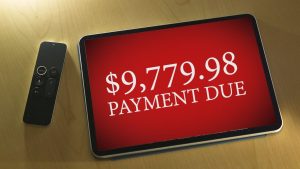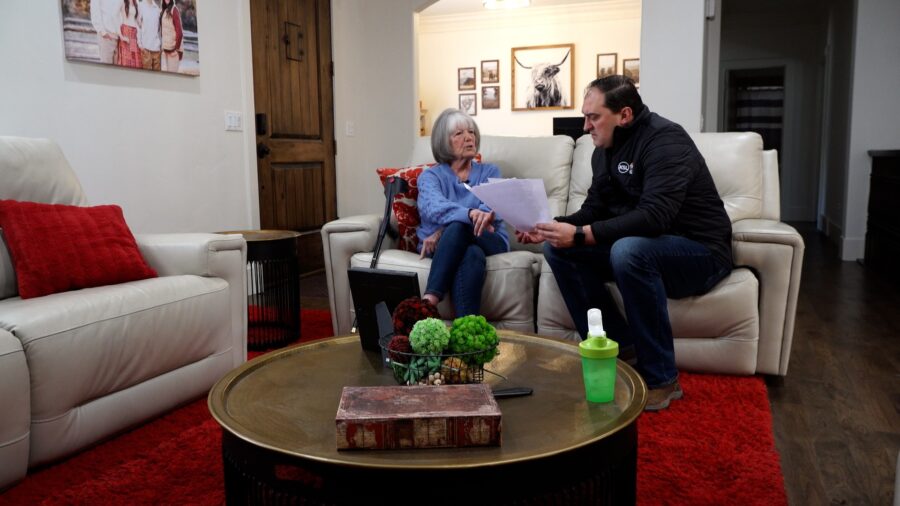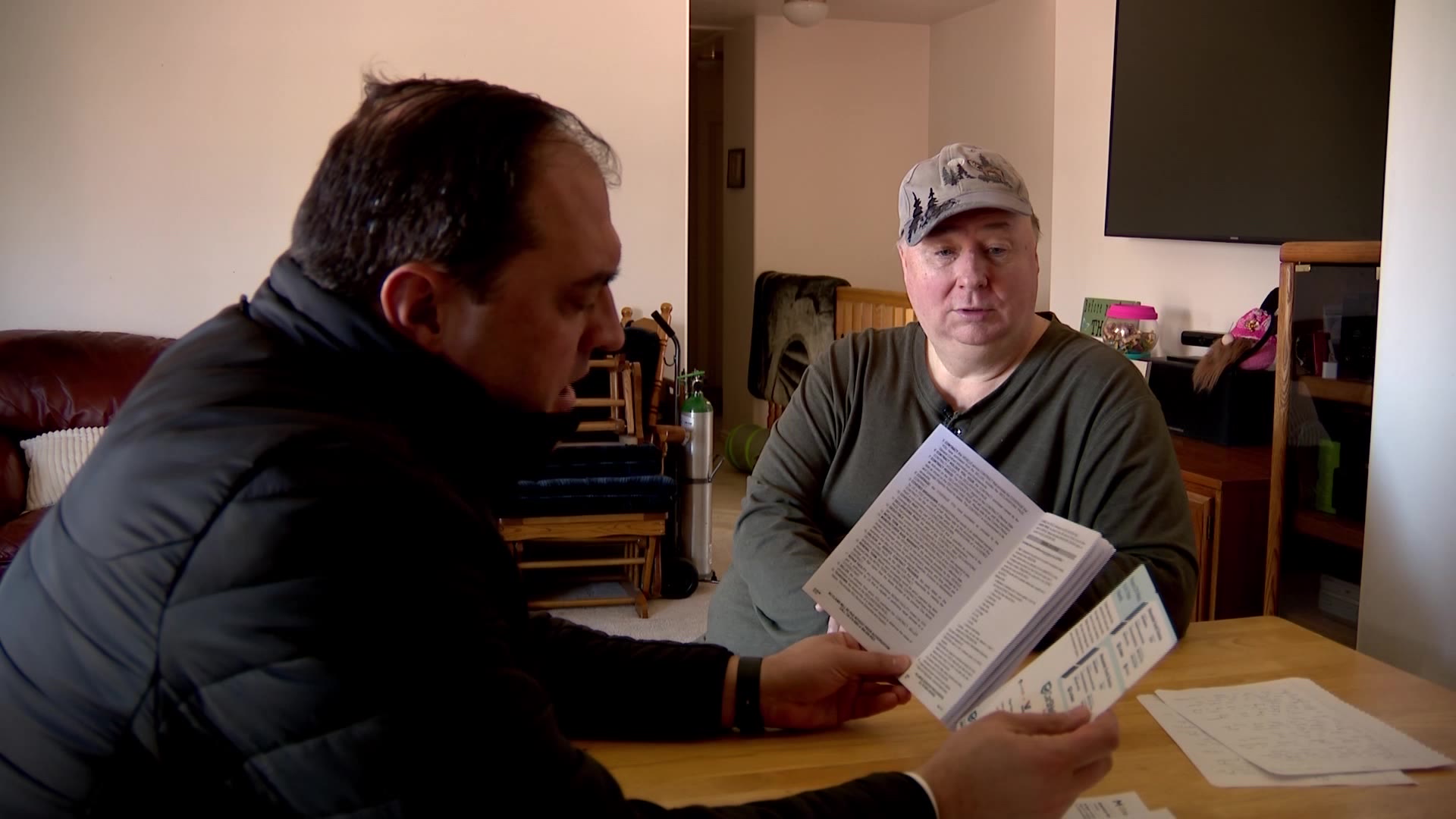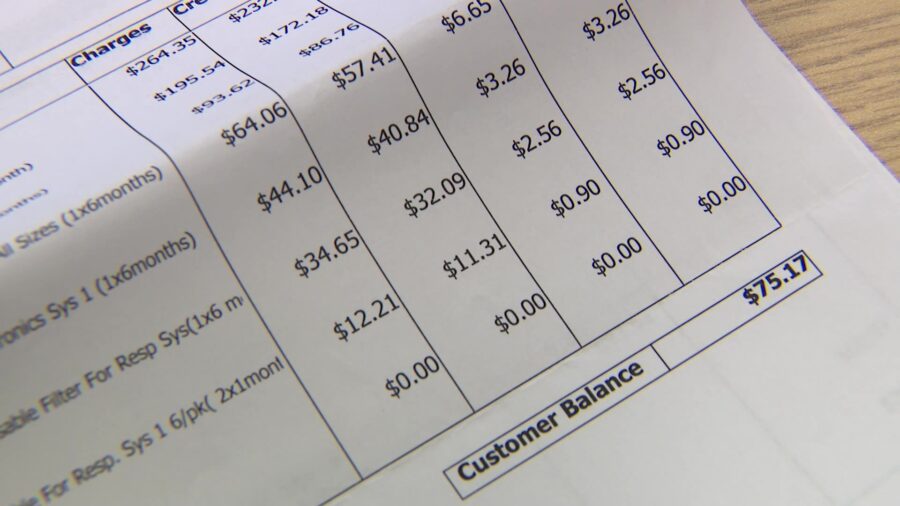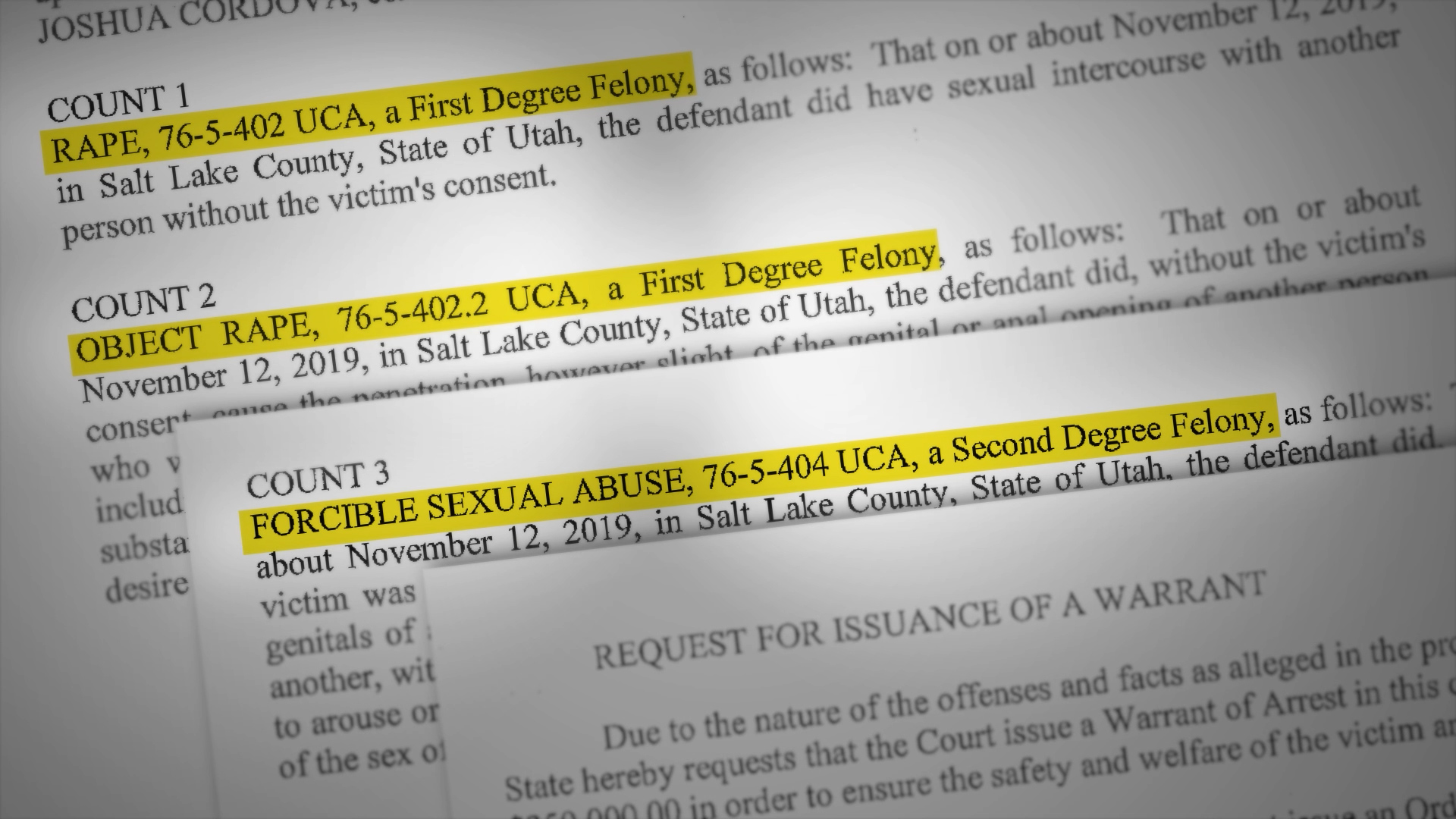Parents On The Hook For $10K Bill After Children Make Unauthorized Charge
Aug 3, 2021, 10:08 PM | Updated: Jul 14, 2023, 12:02 pm
SALT LAKE CITY — Colorful graphics, upbeat music, and quests to complete can be powerful temptations for children playing apps on the iPad – so powerful, two siblings spent nearly $10,000 on one of those games without permission.
It happened to the Brooks family of New Orleans.
The game was My Singing Monsters, and Kristen Brooks’ youngest children loved to play.
“We’re a very musical family,” said Brooks. “I’m a music teacher in the local school district.”
In April 2021, Brooks discovered her children had purchased things for their singing monsters without her permission. The charges totaled around $560, which she appealed with Apple.
After lawsuits, app stores were forced to do more to make sure that games marketed to children didn’t leave parents with surprise bills for in-app purchases. But coming up tonight on @KSL5TV at 9:30PM, @KSLInvestigates the loopholes that can still leave parents on the hook. pic.twitter.com/uKgrnzAIj2
— Get Gephardt (@KSLGephardt) August 3, 2021
“When there’s an unauthorized purchase by a minor, you’re supposed to request a refund and put in that specific wording,” said Brooks.
The charges were reversed, and Brooks said the children were appropriately punished.
“We took the devices away,” she explained. “The iPad wasn’t theirs that they were playing on, so [my husband] took it away and we hid it.”
A short time later, Brooks said the children found the iPad, and started playing My Signing Monsters again. And once again, they started making in-app purchases.
By the time Brooks found out, the total was enormous.
“Over the course of about eight, nine days, almost $10,000,” she exclaimed. “All I’m thinking is, ‘We can’t even do that. We’re going to be in debt for years because of this.’”
For Brooks and her husband, who both work as teachers, the $9,779.98 in charges was a significant shock.
“I could have gotten two used cars and a transmission with that money,” she explained.
Again, Brooks appealed the charges to Apple. This time, the refund was denied. Brooks said she was given little explanation as to why.
“The last conversation we had with Apple was that the machine denied it twice, and there’s nothing that they can change about that,” she said. “We have to pay $10,000 for something that’s not tangible.”
Brooks reached out to KSL-TV to find out if she had any other recourse.
Our investigation found Apple is no stranger to upset parents. In 2014, the Federal Trade Commission sued Apple after hearing from “tens of thousands of parents” who said the company made it too easy for children to make in-app purchases.
Apple entered into a settlement agreement with the FTC, issuing $32.5 million in refunds.
Looking at their dispute options, Apple lists “unauthorized minor charge” as a reason for a refund. Less clear is the company’s policy on these types of charges.
The KSL Investigators reached out to Apple on the Brooks’ behalf. A spokesperson told us an email is sent after every in-app purchase, and in this case, the family would have received over a hundred emails. They added that parental controls could have been used to prevent the purchases after the first incident.
The spokesperson explained that because the charges were on the same device and within the same app, the Brooks were denied a refund based on Apple’s terms of sale.
We requested those terms, but did not hear back.
After our email to the company, Apple decided to make an exception, and the Brooks received a full refund.
The Brooks children won’t be playing My Singing Monsters for a while. After this last incident, the iPad ended up in the trash.
Kristen said in hindsight, she wished they would have taken more precautions to protect their devices.
“I do wish my husband would have changed his Apple password,” she said. “Even if your kids have been trustworthy, and you’ve never had to worry about them buying things, you’ve got to have all those protections in place.”
There are several precautions parents can take to prevent unauthorized charges. In addition to regularly changing the password on your device, you can use Ask to Buy on Apple products, and making sure Apple emails aren’t going to your spam folder. Apple also offers parental controls, with an option to restrict in-app purchases on a device.
We requested Apple’s policy on refunding unauthorized in-app purchases made by children, but it was not provided.
Have you experienced something you think just isn’t right? The KSL Investigators want to help. Submit your tip at investigates@ksl.com or 385-707-6153 so we can get working for you.


